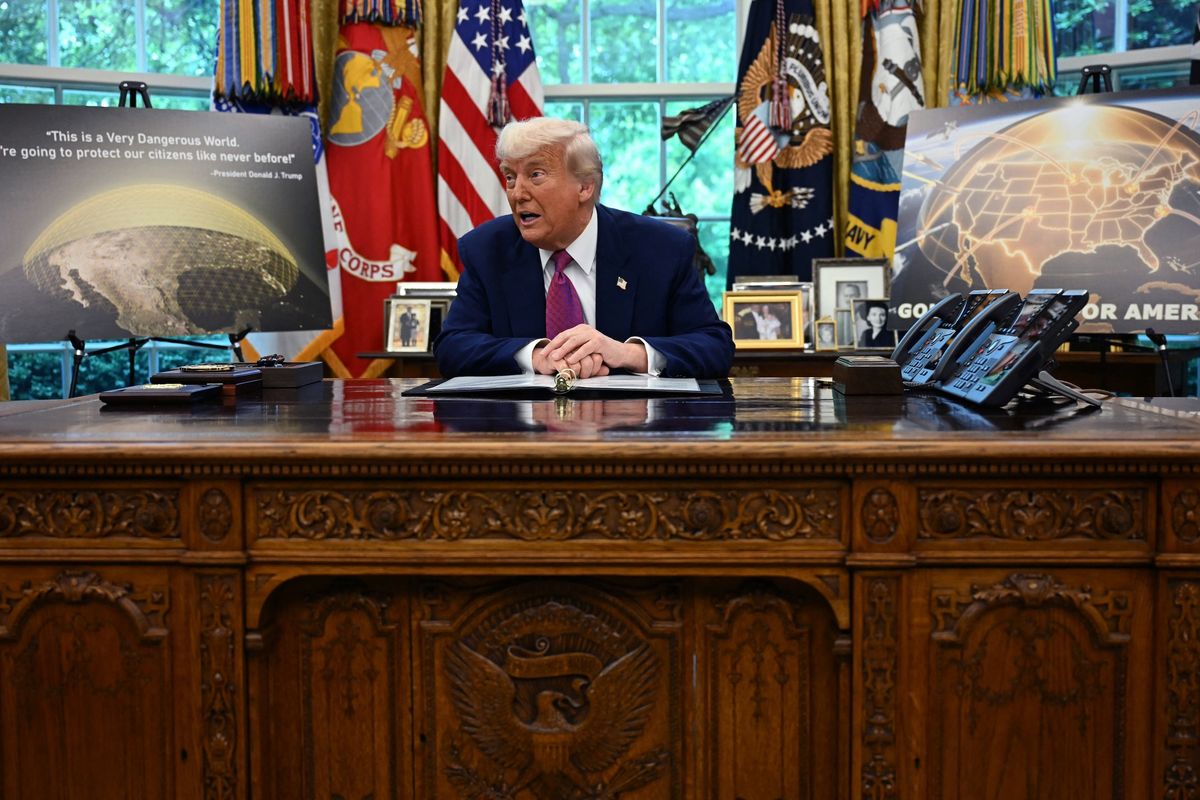Cipher Brief Expert Tim Willasey-Wilsey served for over 27 years in the British Foreign and Commonwealth Office where his focus was on South Asia and North East Asia as well as on the issues of terrorism, organised crime, insurgency and conflict resolution. He is a Visiting Professor of War Studies at King’s College, London.
EXPERT PERSPECTIVE — The misleading narrative of ‘endless wars’ has undermined Western resolve. In fact, since the end of direct involvement in combat missions, the cost of the Afghan war has been relatively small, has enabled the counterterrorism mission to continue, has prevented the return of the brutal Taliban to Kabul and (until last week) had not added to NATO’s harmful string of failures.
Still, President Joe Biden’s announcement that the United States will leave Afghanistan before the 20th anniversary of 9/11 was hardly a surprise. In many ways it comes as a relief after 20 years of turmoil. There are six compelling reasons for taking the decision to leave.
- It makes little sense to have troops deployed in harm’s way when there is no coherent overarching strategy towards a political settlement in Afghanistan and no visible end-date.
- The Afghan government is stubbornly resistant to change and has suffered from damaged legitimacy ever since Hamid Karzai’s flawed election in 2009. Its writ no longer runs in much of the country.
- The rampant corruption in Afghanistan, originally fuelled by the opium industry, has got worse since 2001 and exploiting the vast amounts of aid money received from global donors.
- Whilst regional and interested countries all wish to see a stable Afghanistan at least three of them (China, Russia and Iran) are in no mood to help the United States exit with a successfully negotiated solution.
- In spite of its public relations efforts there is little evidence that the Taliban has improved since its appalling period in power between 1996 and 2001. In fact, its campaign of targeted assassinations since the Doha Agreement suggests it is still the same oppressive organisation that it was when it was founded in 1994.
- In spite of repeatedly implying otherwise, it is clear that Pakistan would still prefer to have the Taliban in power in Kabul than a government which is both friendly with India and suspected of providing sanctuary to terrorist groups operating against Pakistan.
And yet, in spite of these seemingly conclusive arguments, the US withdrawal is a bad decision. Although it is true that it has been a 20-year war, there have been three distinct phases where combat conditions declined.
- The first phase from 2001-2006 was a considerable success. Al Qa’ida was expelled from Afghanistan and decimated by (mainly) US counterterrorism (CT) actions often coordinated with Pakistan. 212 US troops were killed in these 5 years: an average of 42 per annum.
- The second phase, from 2006 to 2014, was the most-costly period when NATO forces became directly involved in the fighting against the Taliban. This period included the Obama surge when troop numbers (and associated costs) peaked. 2,045 US soldiers died during these nine years: 227 each year.
- The third (and we now know final) chapter was from 2015 to 2021 when NATO forces filled a largely advisory role to the Afghan National Army. 99 US servicemen and women have died (to date) in these 6 years; 16.5 a year.
For the United Kingdom the comparison of the three phases is even more striking; 5 fatalities in the first 5 years; 448 in the middle 9 years during the Helmand campaign and 4 in the final six years. So, we can see that the only genuinely painful and costly period for NATO was during the spell of direct combat activity.
Since the end of combat involvement, the NATO presence has been largely successful. The CT mission has continued both against Al Qa’ida and Islamic State (IS). NATO has served as an important material and psychological support for the Afghan Army. It has allowed important civil-society achievements to be largely preserved. For as long as NATO stayed in Afghanistan, there remained the chance of negotiating a broader settlement with Pakistan and neighbours by which the Taliban might have been brought into civil society in carefully regulated phases and perhaps given the opportunity to govern a southern province effectively before being permitted any role in a broad-based government in Kabul.
The Cipher Brief hosts private briefings with the world’s most experienced national and global security experts. Become a member today.














